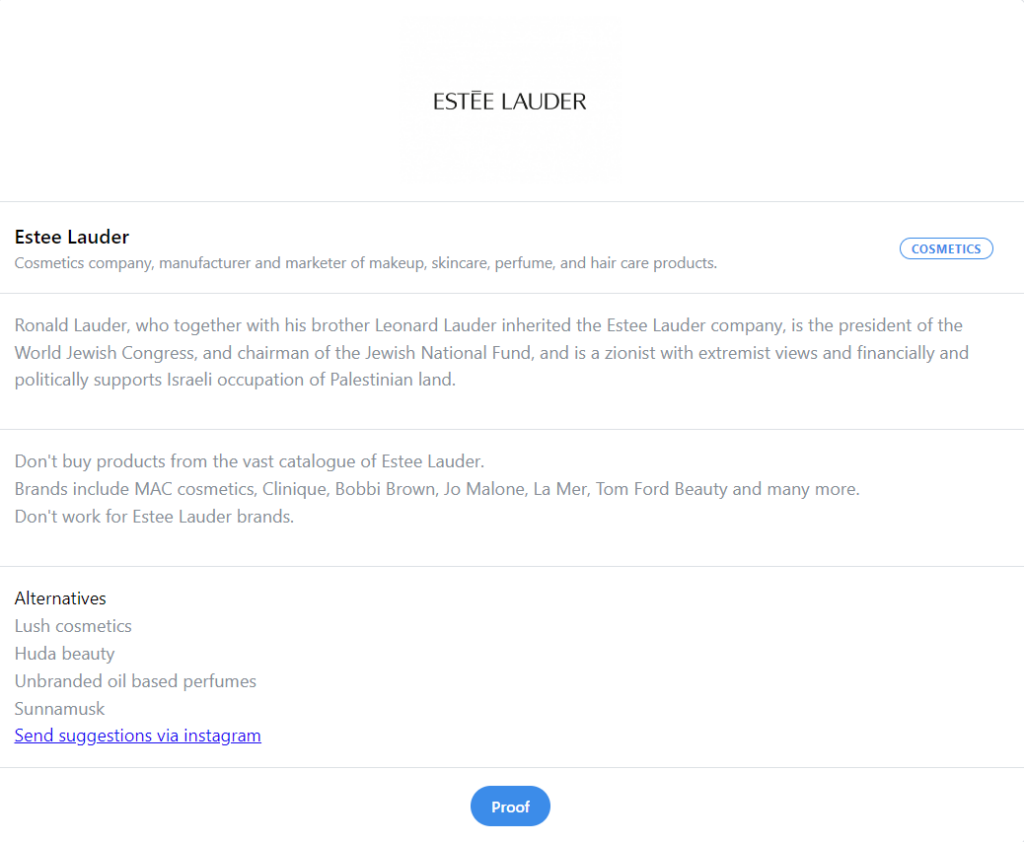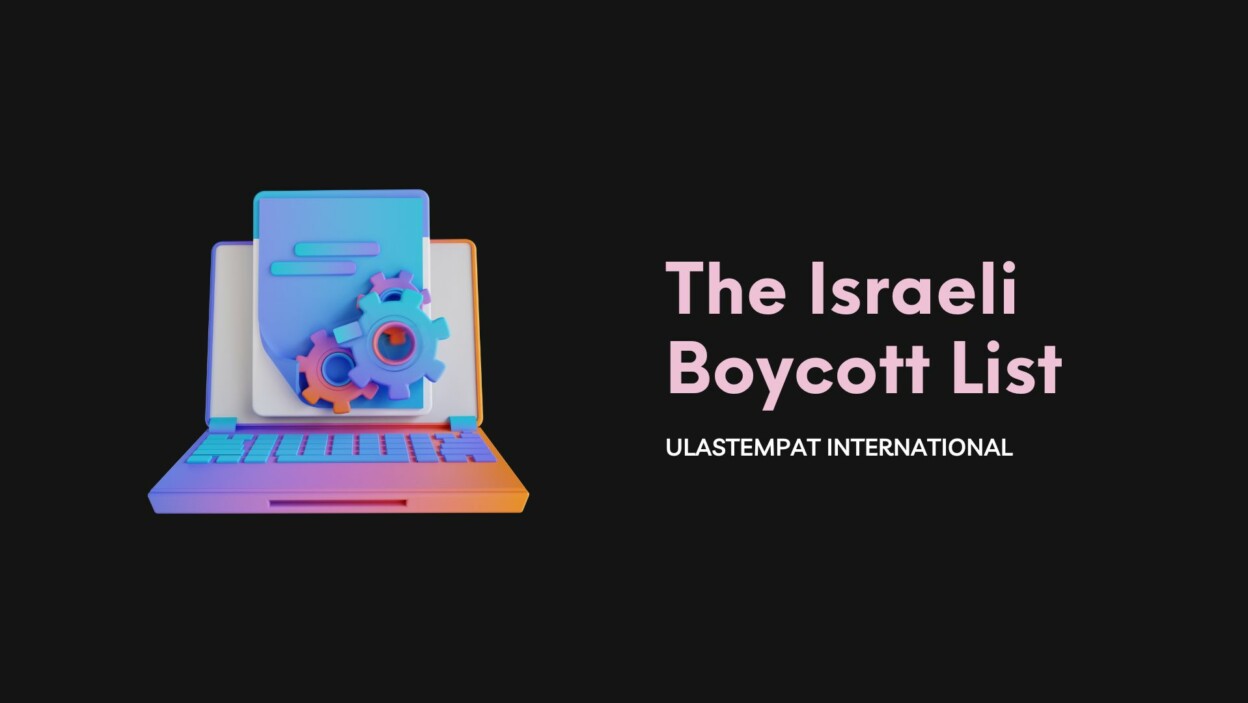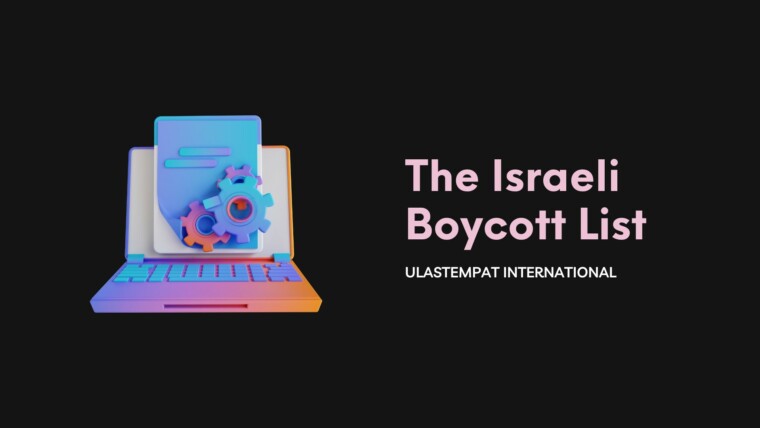In an age where ethical considerations increasingly drive consumer behavior, the skincare brand DECIEM, best known for its popular subsidiary The Ordinary, finds itself embroiled in a controversy that might unsettle its socially conscious clientele.
The underlying question isn’t just about the quality of their serums or the efficacy of their formulations; it’s a far more serious inquiry into the political entanglements of its parent company, Estée Lauder Companies (ELC), and how these connections may reveal DECIEM’s indirect support for Israel, particularly its occupation of Palestinian territories.

Check Out: Anytime Fitness View on Israeli-Palestinian Situation
The ELC-DECIEM-Israel Connection
At the heart of DECIEM’s predicament lies its acquisition saga. Since 2017, the relationship between DECIEM and its overarching entity, Estée Lauder Companies, has steadily evolved from a minor investment to a dominant ownership.
The ELC announced a gradual yet decisive takeover of DECIEM, culminating in an increased stake from an initial 29% to a commanding 76%. While at first glance, this may seem like a mere corporate strategy aimed at expanding ELC’s footprint in the skincare realm, the situation darkens once the political affiliations of ELC’s figureheads are brought into light.
Ronald Lauder, alongside his brother Leonard, not only inherited the Estée Lauder conglomerate but also brought with them a spectrum of political inclinations that starkly contrast with the image of neutrality and peace many of its consumer base aspire to.
Ronald Lauder, in particular, holds significant positions such as the president of the World Jewish Congress and the chairman of the Jewish National Fund. Known for his staunch Zionist views, Ronald has been a fervent supporter of Israeli occupation of Palestinian land, funneling financial and political support to advance these territories’ annexation.
This affiliation doesn’t stay within the Lauder family’s personal domain but spills over into the operations and perhaps, indirectly, the ethos of the entire Estée Lauder Companies, including DECIEM. The concern isn’t just about an individual’s political stance but about how these ideologies potentially leverage large, influential corporations to further controversial geopolitical agendas.
Shareholder Shadows
Adding another layer to the controversy are the stakeholders in Estée Lauder Companies, particularly Vanguard Fiduciary Trust Co., which holds an 8.344% share and is known for its investments in Israel.
This financial tie adds a tangible link between DECIEM and the activities supporting Israeli occupation in Palestine, reinforcing the argument that consumer purchases from DECIEM, however indirectly, contribute to the sustenance of this controversial geopolitical stance.
The implications of such ties are multifaceted, touching on the ethical responsibilities of global corporations and the power consumers wield through their purchasing choices. In the grand scheme, the DECIEM saga serves as a stark reminder of the intricate web connecting the beauty products on our shelves to global politics and ethical dilemmas that transcend borders.
Read More: TerryWhite Chemmart Perspective on Israel-Palestine

The inquiry into DECIEM’s support for Israel opens up a Pandora’s box of ethical considerations for consumers who strive to align their purchasing habits with their political and social values. As the beauty industry grapples with its role in global geopolitics, the choice of a skincare product may no longer just be about what’s good for the skin but also about what’s good for the world.



Companies That Support Israel: A List to Avoid
Does Red Bull Support Israel? Decoding the Unraveled Connection
The 15 Biggest Woolworths Supermarkets in Sydney
Fast Food Chains Aligned with Israel Support
Does These Firearms Support Israel? Exploring the Unraveled Connection
Does These Tech Brands Support Israel? Decoding the Unraveled Connection
Does These Filmography Support Israel? Understanding the Intricate Ties
Does These Online Business Support Israel? Exploring the Unraveled Connection